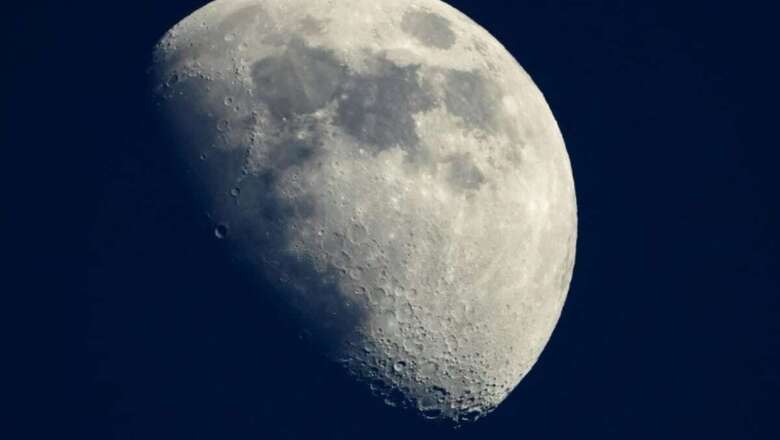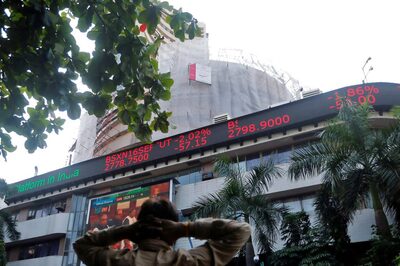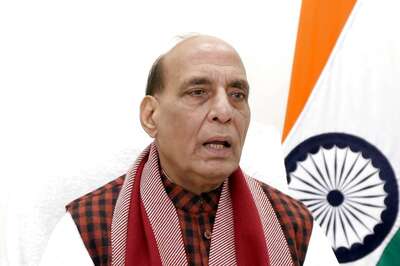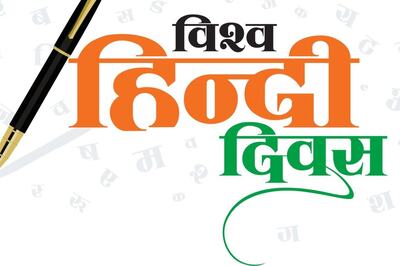
views
People around the world are awaiting to witness the “Christmas Star” or the great conjunction when two of the biggest planets of the solar system, Jupiter and Saturn will appear to be closest to each other in the evening sky. It is nearly 400 years since the two planets came that close in 1623 and nearly 800 since this happened after dark on Earth, allowing us to view the celestial event through the naked eye.
When to watch the Jupiter-Saturn Great Conjunction:
Fortunately, people all over the world will be able to witness the great celestial spectacle, barring unfavourable weather conditions. The two planets were visible in the evening sky approaching each other for around two weeks. They will finally cross paths on December 21 after sunset. At the closest point, they would be separated by just 0.1 degrees. The planets could then be seen moving away from each other for the next few days.
The great conjunction will be visible an hour after sunset in the southwestern sky. In India, it is expected to show between 6:30 pm and 7:30 pm.
How to watch the Jupiter-Saturn Great Conjunction:
To view the conjunction, one must find themselves an unobstructed view of the sky like a terrace or a park or an open field.
Thanks to the brightness of the planets they would be visible even in the not so clear sky of big cities. Jupiter would appear brighter, while Saturn would appear slightly fainter, positioned slightly above and to the left until the conjunction.
One can view the conjunction with the naked eye. But using binoculars or a telescope would enable one to see the four orbiting moons of Jupiter.
The Jawaharlal Nehru Planetarium in Delhi has arranged viewing of the celestial event for the public based on registrations. The skywatch event started on December 20 and will go on till December 22, allowing people to witness the conjunction while adhering to social distancing and other COVID-19 norms. The spectacle will also be broadcast online.
The Jawaharlal Nehru Planetarium in Bengaluru will also live stream the great conjunction on its Facebook and YouTube pages, providing the weather is favourable.
Read all the Latest News, Breaking News and Coronavirus News here




















Comments
0 comment